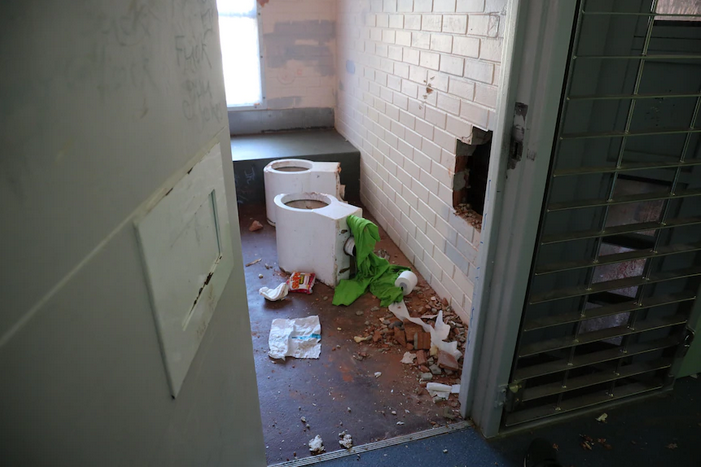
Banksia Hill inmates to be relocated to new youth facility at Casuarina after cells damaged
Originally published on abc.net.au written by Grace Burmas
A “difficult cohort” of young offenders at Banksia Hill Detention Centre will be relocated to a new facility at an adult prison after damaging cells and behaving aggressively towards staff.
The group of 20 boys, the youngest 14 years of age, will be moved to a new youth detention facility at Casuarina Prison, south of Perth.
The cohort had significant offending histories and for months had been destroying infrastructure, assaulting staff and harming themselves, according to Director General Adam Tomison.
In a statement, Mr Tomison said the newly built 256-bed unit at Casuarina Prison will run as a juvenile facility and will be managed separately to the adult male population.
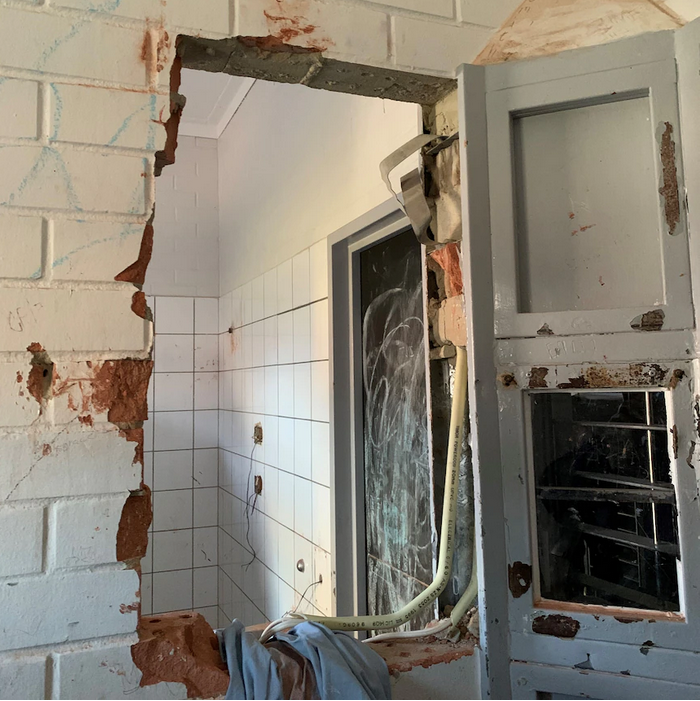
Mr Tomison said the plan would allow “other detainees at Banksia Hill to return to their normal education programs and recreation activities that have been affected by the ongoing disruptions”.
Reports of damaged cells at the detection centre emerged in June, when it was revealed in state budget estimates that about 100 of the 250 cells at Banksia Hill were too damaged to use.
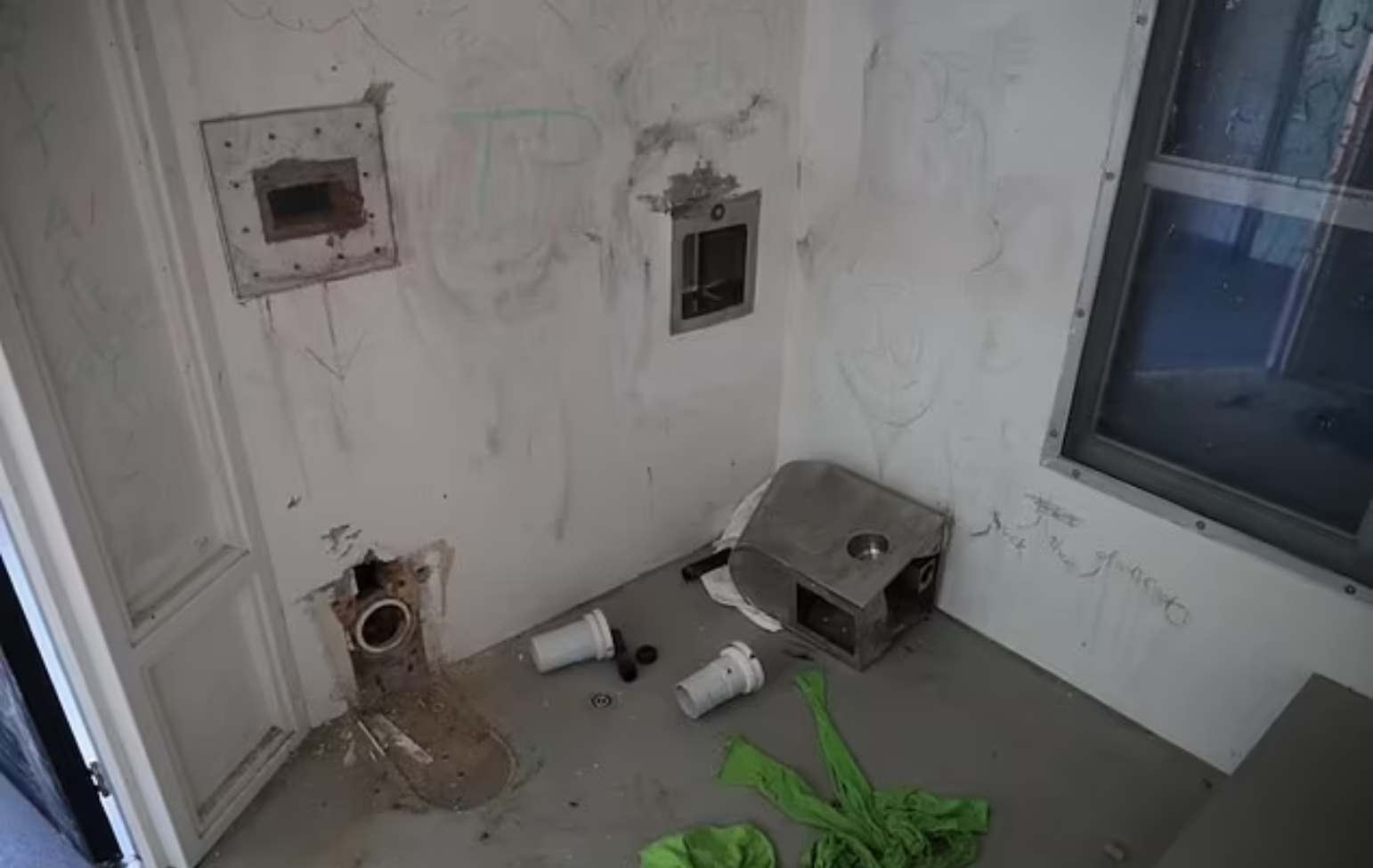
The damage bill to repair the affected cells has exceeded $1.8 million, according to Corrective Services Commissioner Mike Reynolds.
“The short-term youth detention centre will provide a safe environment for the 20 young men while we restore Banksia Hill to a safe working environment for staff and detainees and complete the necessary infrastructure works,” Mr Reynolds said in a statement.
Detainees escaped from cells, putting staff at risk
In some cases, the damage allowed the male detainees to escape from their cells, giving them access to shared areas within the facility.
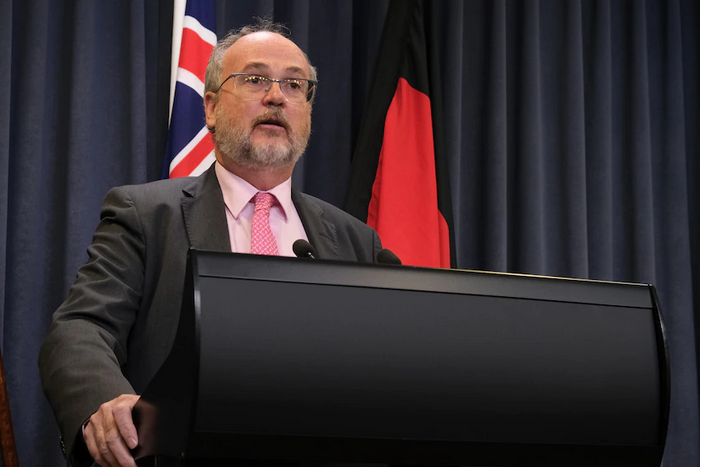
West Australian Corrective Services Minister Bill Johnston said that, in one case, a boy escaped his cell and attacked an officer with a broom.
Mr Johnston said youth detention centres were not built as securely as prisons, so relocating this group was the appropriate measure to ensure the safety of custodial officers.
“Banksia Hill is a youth detention facility and it’s built in a different manner to an adult male prison. So, obviously, the cells at the male prison are much more secure,” he said.
Incidents follow reports of ‘dehumanising conditions’
The relocation comes after the President of the Perth Children’s Court, Hylton Quail, slammed the “dehumanising” detention of a teenage offender at the facility, saying: “If you want to create a monster, this is how you do it.”
Judge Quail described the cell where the teenager was kept as “a fish bowl” and the yard where he was supposed to be allowed to exercise as a “10 x 20 metre cage”.
In April, a report by Western Australia’s prisons watchdog uncovered “cruel, inhuman and degrading treatment” of detainees during a snap inspection of the facility.
The Inspector for Custodial Services said concerns were sparked after rising incidents of self-harm, suicide attempts and assaults on staff.
Mr Johnston said the West Australian government had allocated $23 million dollars to improve the experience for young offenders at the facility.
“Part of that money is to turn the existing intensive supervision unit into a more therapeutic environment for young offenders who are in crisis because, at the moment, we have both people who are acting out and people who are in crisis in the one facility so we’re trying to separate them.”
“We’re acting to protect the staff, to protect the majority of detainees who are complying with their obligations but also to provide a better environment for these 20 detainees, so that they can receive the support they need to change their behaviour as well.”
Boys being ‘geared up’ for life in jail, says advocate
Not everyone views the plan to further isolate the group as a step in the right direction.
National Suicide Prevention and Trauma Recovery Project coordinator Gerry Georgatos said the plan was a sign of authorities giving up on vulnerable youth.
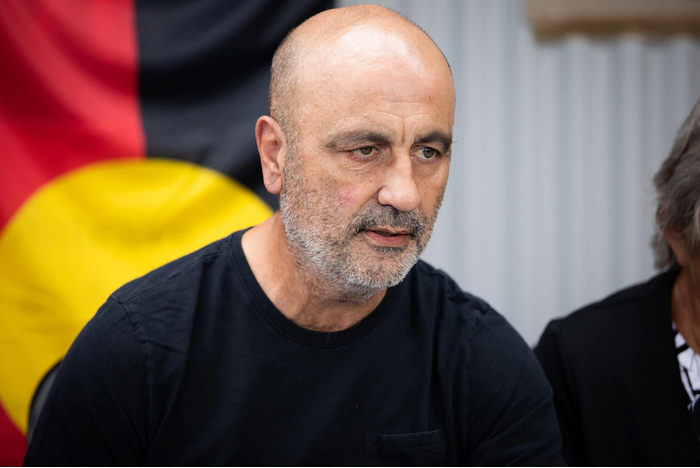
“It’s saying: ‘You don’t matter, the only thing that matters is the safety of the prison personnel’.
“What’s happening now is we’ve got them as young as 14 years of age in adult prisons, even though the setting is one of separation, they’re experiencing a maximum-security prison in affect,” he said.
Mr Georgatos said the move is gearing the young men for a life in the justice system, instead of nurturing and supporting them out of criminal behaviour and contact.
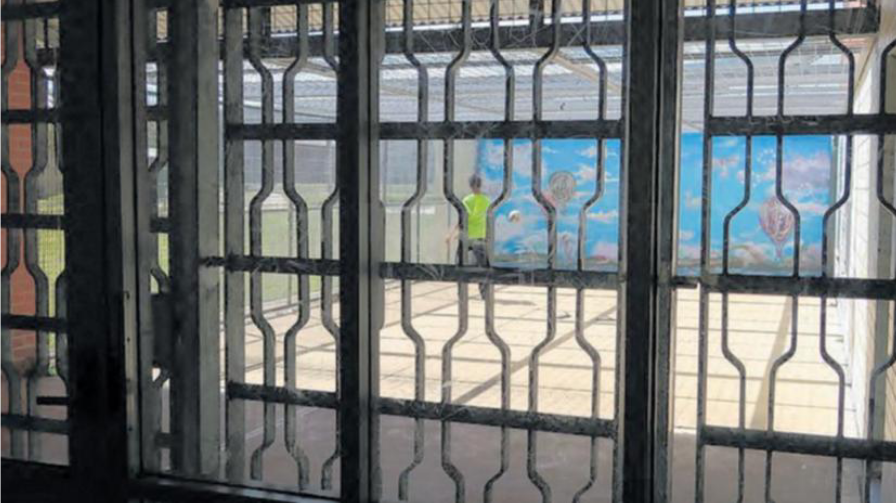
He said 70 per cent of children who go through Banksia end up spending significant periods in adult incarceration.
Mr Georgatos said the damage of property at Banksia Hill was a cry for help.
Speaking to the families of some of the boys included in the group, Mr Georgatos said loved ones’ deepest worry was the growing concern of self-harm.
“If they want to take their lives they will, and it’s only a matter of time [until] a young one does take their life in Banksia, or in one of those alternative facilities.”



